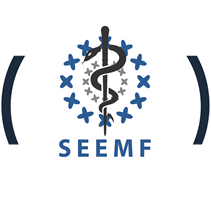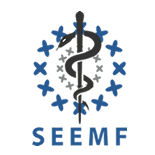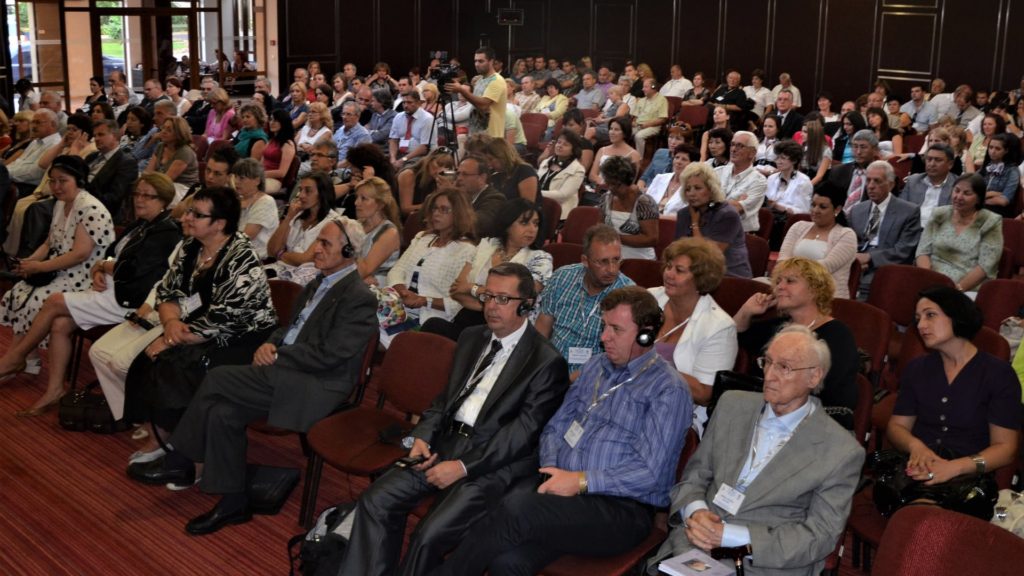SECOND INTERNATIONAL MEDICAL CONGRESS / 7 – 11 September 2011 Nesebar Resort, Burgas, Bulgaria

The Second International Medical Congress of SEEMF was held in the period 7 – 11 September 2011 in Nesebar, Bulgaria.
The main Congress topics were:
Diabetes and Complications
Cardiovascular Diseases
Infectious Diseases
Oncologic Diseases
A Round Table was held on Health Reforms and Funding.
Dr. Wonchat Subhachaturas, President of the World Medical Association welcomed the Congress participants and presented the World Medical Association.
The first awards Outstanding Physician of Southeast Europe were given to Prof. Gencho Nachev, Bulgaria and Prof. Jovan Tofoski, Macedonia
The meeting adopted the following
DECLARATION оf the Second International Medical Congress of the Southeast European Medical Forum, Nesebar, 7 – 10 September 2011
We, the participants in the Second International Medical Congress of the Southeast European Medical Forum, namely physicians from Albania, Belarus, Bulgaria, Greece, Kazakhstan, Latvia, Macedonia, Romania, Bosnia and Herzegovina – Bosnia and Herzegovina, Serbia, Ukraine, in the presence of representatives of the World Health Organization (WHO) and the President of the World Medical Association (WMA), abiding by the basic principles and responsibilities of the WHO and WMA, as well as by the priorities and goals of the unique European Strategy 2020:
Shall initiate joint collaboration for promotion of health and welfare of the citizens from the whole region;
Shall work for providing conditions for better quality of life and higher life expectancy for the people in the region;
Shall work for improvement of the healthcare management by providing expertise, analyses and particular problem solutions with the ambition for real involvement in the health policy of the respective countries;
Shall contribute to making health a priority for the whole society, the authorities, non-governmental sector, citizens, private companies, academic community and all other stakeholders.
Governments together with health-care professionals have to reconsider correlations between economics and healthcare policies.
Medical organizations should safeguard the interests of all physicians, should be self-governing bodies and quality guarantor, and should represent and work for the benefit of the profession.
The issue of healthcare funding in the region is very grave, as was indicated by the participants in the Congress, but each country should try to find solutions according to the specific local situation. What is necessary is adequate and equitably distributed healthcare budget, strong decisions on the reforms to be carried out, prioritising on investments in human capital, improvement of its productivity and better use.
It is high time that the Health Ministries and all other ministries place health issues among the priorities of the politicians and society. A basic principle of a democratic and socially responsible state should be the responsibility for health and the access to healthcare for all citizens, irrespectively of their ability to pay for medical care.







